DIY Non-Toxic Reusable Baby Wipes

Baby wipes are convenient, but what toll do they take on the environment? Most baby wipes contain polyester synthetic fibers that will sit in landfills for up to 100 years before breaking down. Even wipes marketed as “flushable” or “biodegradable” have a harmful effect on the environment, often getting flushed into the ocean where they are consumed by sea life.
Parents report that an average amount of wipes used in a year for one child can reach anywhere from 2000-7200 pieces, quite a large amount of non-biodegradable waste!
In addition to synthetic fibers, conventional baby wipes can contain a variety of harmful ingredients, including Iodopropynyl butylcarbamate (IPBC- a preservative generally used in wood finishes that has been found to be toxic and a skin irritant), sodium lauryl sulfate (SLS), parabens, phthalates (known hormone disruptors, often labeled as “fragrance” or “parfum” on ingredients lists), and petrochemicals derived from oil and gas.
Did you know that you can easily create DIY baby wipes with just a few simple, natural ingredients, some organic fabric, and a few handy Stasher Bags? Reusable wipes are both better for the environment, and healthier for your child’s skin!

DIY Reusable Organic Baby Wipes
To shift from disposable wipes to a more sustainable routine, you’ll need to build up a stock of reusable wipes to have on hand. You can make your own, using organic cotton flannel or bamboo fabric- simply cut into squares and cut with pinking shears, or edge with a zig zag stitch. Alternately, you can purchase pre-made packs of reusable wipes or even baby washcloths.

Wipe Solution
Next, you’ll whip together a simple and natural wipe solution that will be easy on your child’s sensitive skin, with healing and moisturizing properties from each pure, plant based ingredient.
- 1 cup water (either boiled and cooled, or distilled)
- ½ teaspoon apple cider vinegar
- 1 ½ teaspoons unscented castile soap (we love Dr Bronner’s)
- 1 ½ teaspoons coconut oil or jojoba oil
- 1 tablespoon pure aloe vera
- 6-8 drops of chamomile or lavender essential oil*
*optional. Use only high-quality, therapeutic grade essential oils, and be sure than any essential oils you use are safe for use on babies and small children.

Instructions
Mix all ingredients together in a jar with a tightly sealing lid, and shake gently to combine thoroughly. If you live in a cold climate, you’ll want to gently warm the coconut oil to it’s liquid state before mixing it with the other ingredients.
Place about 5-8 reusable wipes in a Stasher Bag, and pour in enough wipe solution to thoroughly soak the fabric without getting it sopping wet (there should not be excess liquid inside the bag, once it’s soaked into the fabric. Squish and knead the bag slightly to ensure that all of the fabric is saturated. Push out excess air inside the bag, and seal it.
Apple cider vinegar helps restore the proper PH balance of your child’s skin, coconut oil serves as a protective moisturizer and anti-bacterial, aloe vera soothes dry and itchy skin naturally, and castile soap cleanses gently.
Out and About
When taking wipes out and about, use one Stasher Bag for clean wipes, and throw an extra, empty Stasher into your bag to hold soiled wipes. When you get home, simply dump any soiled wipes into your washer or a dry bag.

Washing Your Wipes
For wipes that have just been used for cleaning surfaces or grubby hands, toss them in the laundry pile just like you would with a used washcloth.
For wipes used for diaper changes, find a system that works well for you and your routine. If you baby has not yet started on solid foods, you can simply throw soiled wipes directly into the washing machine!
Otherwise, rinse any solids off with a diaper sprayer, and toss into a dry bag until your next load of laundry. If you’re using cloth diapers, the wipes may be folded up inside the soiled diaper.
Line-drying wipes under the sun is not only eco-friendly, but it will help remove any stains.










Leave a comment